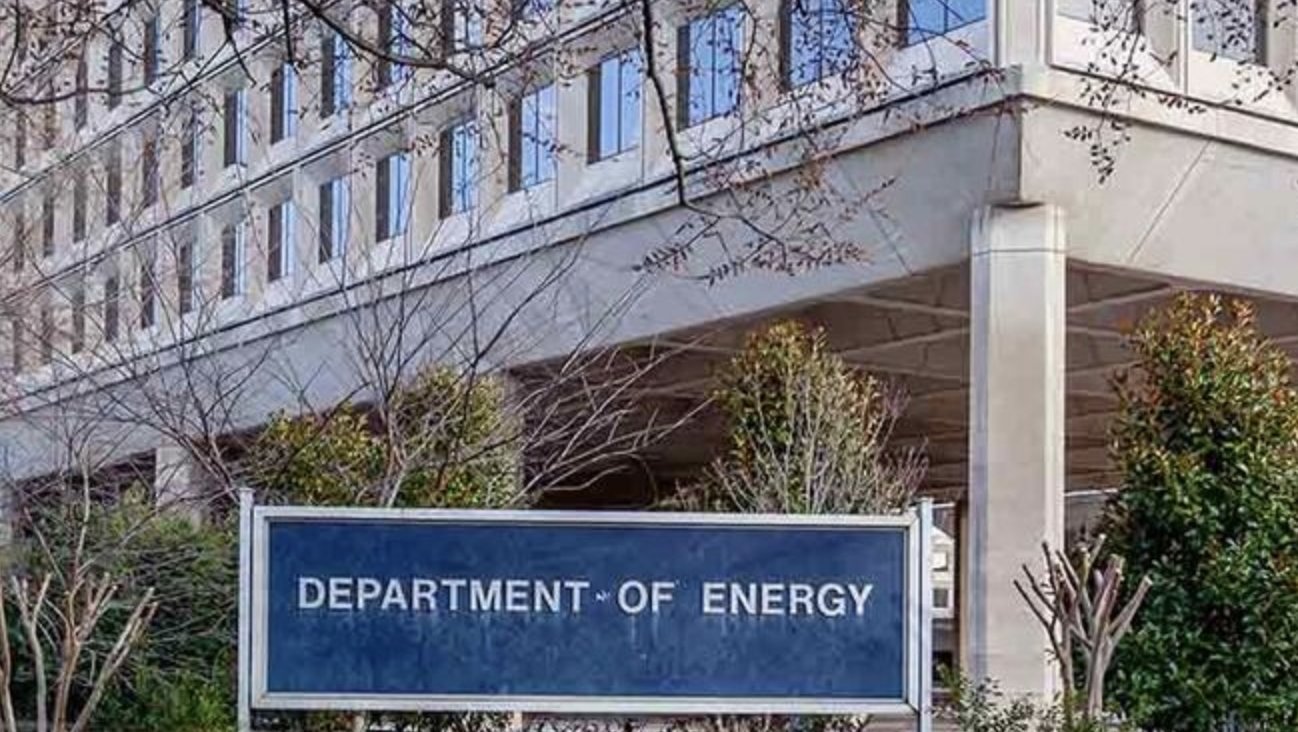Dear Friend of Press Freedom,
I’m Lauren Harper, the first Daniel Ellsberg chair on government secrecy at Freedom of the Press Foundation (FPF), and welcome to “The Classifieds.” Read on to learn about this week’s top secrecy news.
Energy Department’s transparent FOIA ploy
The Energy Department is trying to close as many Freedom of Information Act requests as possible with a novel abuse of the dreaded “still interested” letter. These are letters agencies send requesters — sometimes after ignoring a request for years — to see if requesters still want their records processed. Agencies usually threaten to close a request if a response isn’t received within a short period of time (a colleague of mine once received a “still interested” letter that demanded a response within seven days).
Nothing in the FOIA statute allows an agency to close a request if it doesn’t receive a response from a “still interested” letter, and current Justice Department guidance says they should be sent as sparingly as possible.
But the Energy Department doesn’t care. It published a notice in the Federal Register notifying requesters that it will send out “still interested” letters for all FOIA requests received at its headquarters prior to October 1, 2024. If responses are not received to a new email address, [email protected], within 30 days, the requests will be closed.
It’s hard to know how many requests this will impact because the agency hasn’t bothered to post its annual FOIA report for fiscal year 2024, even though it was required to be published in March.
This flagrant flouting of FOIA should be challenged in court — and quickly, before more agencies are inspired to do something similar. To that end, I’ve filed a FOIA with the department concerning the new policy.
Trump’s D.C. takeover and what we’re doing about it
President Donald Trump, following an attack on former DOGE staffer Edward “Big Balls” Coristine, activated the D.C. National Guard and placed the Metropolitan Police Department under federal control this week. Trump cited bogus crime statistics to make his power grab, which shouldn’t be surprising coming from the same administration that misrepresented statistics about assaults on ICE agents to justify increased secrecy at the agency. Now we get to see that same tactic play out across the nation’s capital.
I filed enough FOIA requests about the attacks on D.C.’s independence this week that FOIA.gov, the government-wide FOIA submission site, thought I might be a bot.
Here are just a few of the things I asked for:
- Proposals and cost projections concerning the Defense Department’s planned “Domestic Civil Disturbance Quick Reaction Force,” which would create two standing National Guard groups that could rapidly deploy anywhere across the county.
- Emails exchanged between the Army Secretary Daniel Driscoll and commander of the D.C. National Guard, Major General John Andonie.
- Emails exchanged between Attorney General Pam Bondi and Metropolitan Police Department Chief Pamela Smith.
Masked DEA agents in DC
Lots of federal agents are hiding their faces these days, but until recently it was relatively unusual for Drug Enforcement Administration agents to do so, except while doing undercover work.
That didn’t stop DEA agents from parading around D.C.’s famously tawny Georgetown neighborhood in masks this week. The sudden change comes at the same time that Trump gave DEA head Terry Cole operational control of the D.C. police.
There’s no reason for the secrecy — and the DEA’s recent decision to quietly scrap its body camera program thanks to Trump’s attempts to reverse policing reforms already makes it too difficult for the public to hold the agency accountable.
Take the masks off. And better yet, get off the streets of D.C.
What I'm Reading
There is an information blackout at Florida’s ‘Alligator Alcatraz’ migrant detention camp
The state of Florida, which has grotesquely promoted “Alligator Alcatraz,” doesn’t actually want to release substantial information about it. Previously public databases have been taken offline, and records requests are being denied — frequently on the spurious grounds that releasing information would compromise protected trade secrets.
Russia is suspected to be behind breach of federal court filing system
A potential secrecy concern here is that chief judge of the Eastern District of New York, Margo K. Brodie, “issued an order prohibiting the uploading of sealed documents to PACER, the searchable public database for documents and court dockets.” Time will tell how this plays out, but it could become an issue for reporters if court clerks do not keep up with making docket entries for paper filings.
Transparently yours,
Lauren Harper
Daniel Ellsberg Chair on Government Secrecy
Freedom of the Press Foundation





